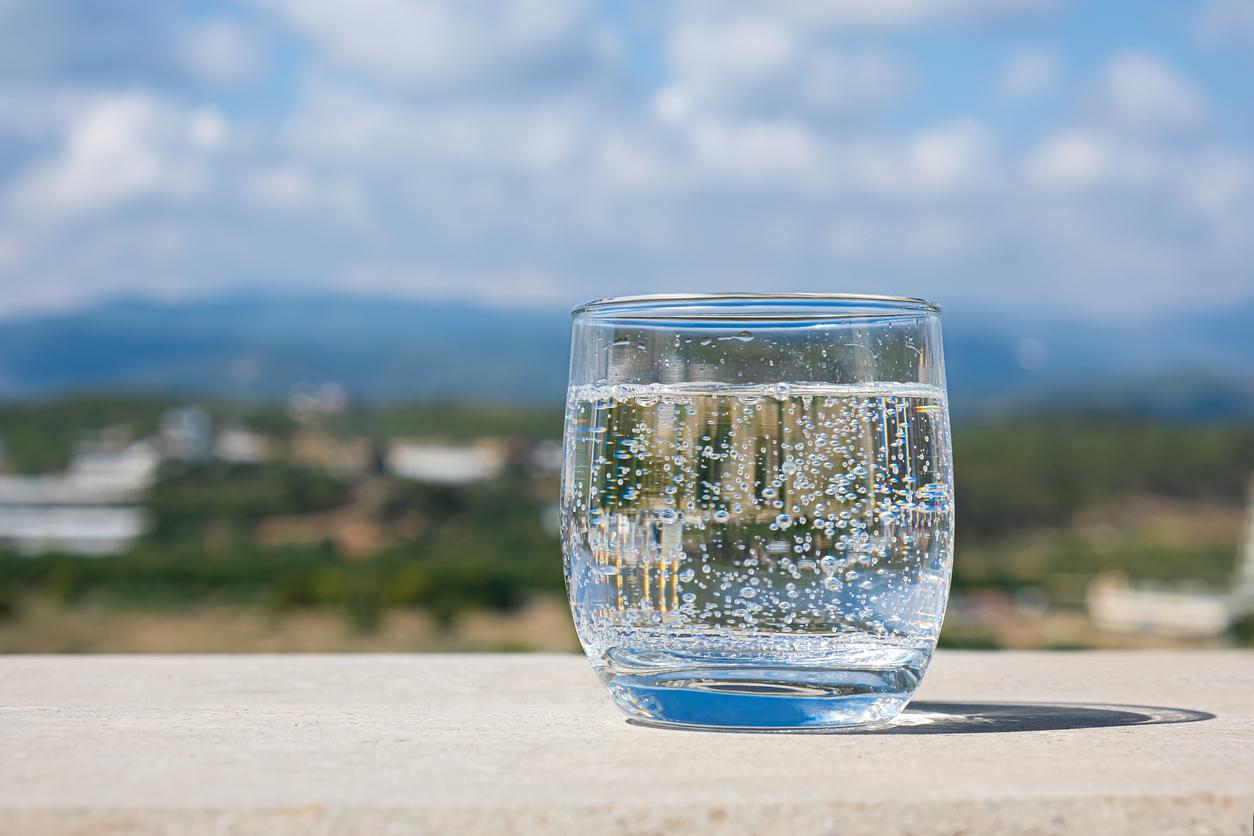
From calcium to zinc
Your body needs a large portion of vitamins every day. But a shortage of minerals also leads to all kinds of annoying ailments and diseases. Which minerals are important and what do they contain? An overview.
Calcium
If you want to keep strong and healthy bones, calcium (calcium) is absolutely indispensable. For example, to get enough of it, you should eat 2-3 glasses of milk (or dairy products), 1 slice of bread with cheese and enough vegetables daily. Vitamin D then ensures that you absorb that calcium well and can use it for bone building.
Calcium not only protects against osteoporosis. It also ensures that your muscles function properly and that nerve impulses are transmitted properly. If you are deficient in calcium, you can notice muscle cramps, tense nerves and a bad mood.
Chloride
Chloride, together with sodium and potassium, maintains your fluid balance. It is also found in stomach acid and thus aids in digestion. Chloride is mainly obtained from table salt. But because it occurs in almost all foods, even on a low-salt diet, you get enough chloride.
Chrome
Chromium improves the action of the hormone insulin. This keeps your blood sugar level better. Chromium also makes you less hungry for sweets.
Vitamin C ensures that you absorb this mineral extra well. In fact, you can only become deficient in chromium in very severe malnutrition. It is found in wholemeal bread, beans, peas and nuts.
Phosphorus
Phosphorus keeps your skeleton strong and helps in your body’s energy supply. It is mainly found in milk, meat, fish and bread. You are more likely to eat too much of it than too little. Too high a dose increases the risk of osteoporosis.
Iodine
You need iodine for a properly functioning thyroid gland. Your thyroid gland – which is located near the windpipe – makes the hormone thyroxine. That substance regulates the metabolism. But that is only possible if you have enough iodine in your body.
A deficiency of iodine can lead to goiter (goiter). This causes the thyroid gland to swell. In children, this results in a delay in physical and mental development.
In adults, reactions slow down, tissues retain moisture, and brain power is impaired. Iodine is mainly found in saltwater fish, seaweed and iodine-enriched table salt.
Potassium
Potassium, together with sodium, ensures your fluid balance, the proper functioning of your muscles and normal blood pressure. It is in almost all foods. Deficiencies are therefore not very common and little is known about excessive amounts of potassium.
Copper
You need copper to convert iron into hemoglobin. In this way, copper is partly responsible for the oxygen transport within your body. It also plays a role in the pigmentation of your skin and hair, the formation of your bones and connective tissue and the functioning of your muscles.
Copper is found in, among other things, crab, lobster, sardines, grain products and organ meats. Furthermore, fruit and vegetables and cocoa products are sources of copper.
Magnesium
This mineral is especially important to relax the muscles. In addition, it allows your heart and nervous system to function properly.
Magnesium is found in almost all foods, so you don’t have to worry about a possible deficiency in that regard. However, it can occur and a long-term deficiency of magnesium leads to irritation of the nerves in the muscles, cardiac arrhythmias and stomach cramps.
Manganese
You need manganese for a good bone structure. It also maintains the health of your nerves and plays a role in carbohydrate and cholesterol metabolism. Manganese can be found in tea, brown rice, nuts and grains, among other things.
Sodium
Sodium is an important component of table salt. It maintains the amount of fluid in your body. In addition, it regulates the contraction of your muscles and the conduction of nerve impulses. Sodium works closely together with another mineral: potassium.
You can get too much sodium if you eat too much salt. That increases the risk of high blood pressure. When you sweat excessively, you lose sodium. This can lead to dehydration symptoms. Sports drinks make up for the shortage.
Selenium
Selenium protects your body against the influence of harmful substances. In this way it neutralizes heavy metals, which you ingest through contamination. Selenium reduces the risk of cardiovascular disease and certain cancers.
It also ensures the production of healthy sperm. There are also indications that it protects against the development of prostate cancer. You can find this mineral mainly in nuts, rice, grains, fish and shrimp.
Iron
Iron is a building block of hemoglobin, a component of red blood cells. Red blood cells carry oxygen from the lungs to other parts of your body. With an iron deficiency (anaemia), that transport becomes more difficult. You will then suffer from dizziness and concentration problems.
You can also have an excess of iron: this is called iron storage disease. It leads to chronic fatigue and organ damage. During your period or pregnancy, you need more iron than usual.
You get iron from meat, potatoes, bread and vegetables. The form of iron that occurs in plant foods is less absorbable in the body. Vitamin C has a positive influence on this. A glass of orange juice at breakfast ensures that the iron from the bread is well absorbed.
Zinc
Zinc is important for tissue growth and renewal. And for a strong immune system, the healing of wounds and a good sense of smell, taste and vision. Zinc is abundant in meat, fish, rice and brown bread. In children, a deficiency of zinc can cause stunted growth.













